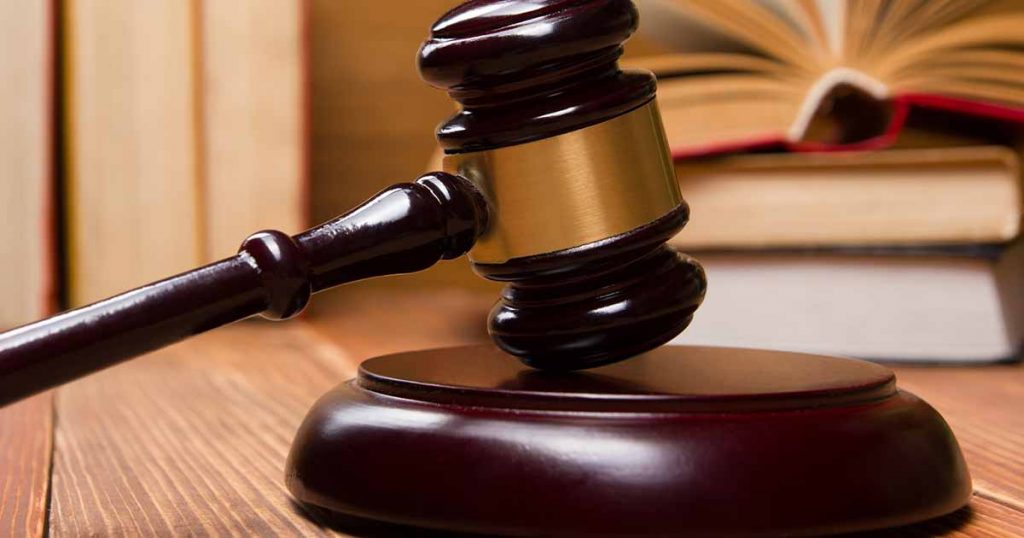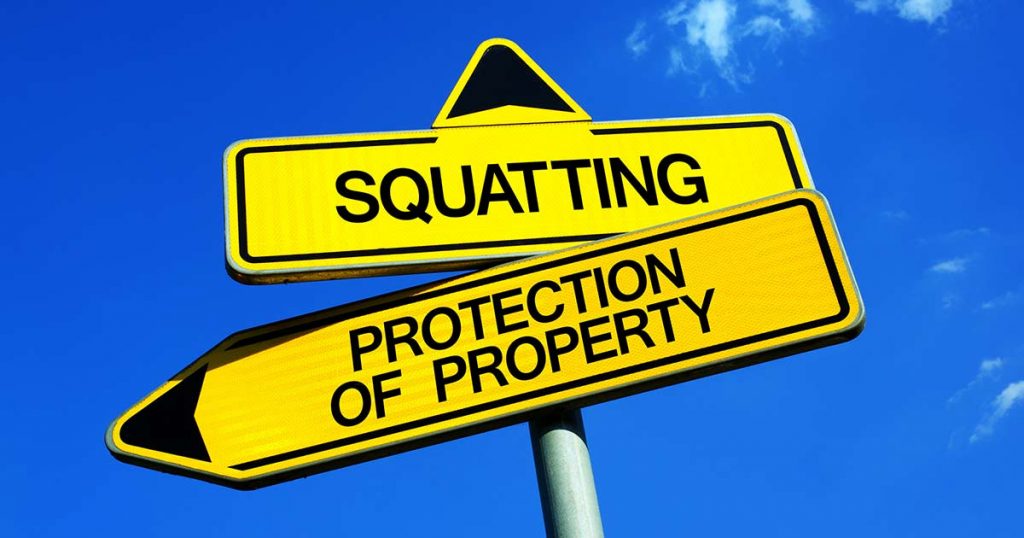During the COVID-19 pandemic, the majority of court hearings have been conducted remotely, via online video link, but the strict ban on any private recording of legal proceedings has throughout remained fully in force. In a case on point, the BBC received a stiff fine for breaching that embargo.
The case concerned the remote hearing of a judicial review challenge to a grant of planning permission for a so-called fracking operation. BBC technicians recorded part of the proceedings and a six-second clip was broadcast to about 500,000 viewers. That was despite a clear warning, given by the judge at the start of the hearing, that third-party recording of the case was strictly prohibited and would amount to a criminal offence and a contempt of court.
After the judge’s clerk contacted the broadcaster, the footage was swiftly removed from circulation and an abject apology was made. The breach of the embargo was, however, viewed with such seriousness that the High Court initiated contempt of court proceedings against the BBC.
Ruling on the matter, the Court acknowledged the BBC’s reputation for fostering the highest standards of journalism. The broadcaster speedily admitted contempt and the Court accepted that there was no intentional attempt to abuse the judicial process. The clip was brief and innocuous; no viewers complained about it and its broadcast caused no serious harm to the administration of justice.
The Court, however, noted that the ban on third-party recording of court proceedings has been in place since 1925 and is powerfully justified. The BBC’s recording of the hearing and transmission of the clip involved the commission of at least two criminal offences. It was not a case of a minor oversight by an inexperienced individual and it beggared belief that a team of highly experienced journalists gave no thought to the propriety of instructing technicians to record the hearing.
Although there was no deliberate disobedience to a court order, and those involved had not intended to act unlawfully, the recording of the case was a deliberate and pre-planned act. The conduct of journalists concerned was closer to reckless disregard than negligent oversight. After taking into account mitigation put forward by the broadcaster, the Court imposed a fine of £28,000.




